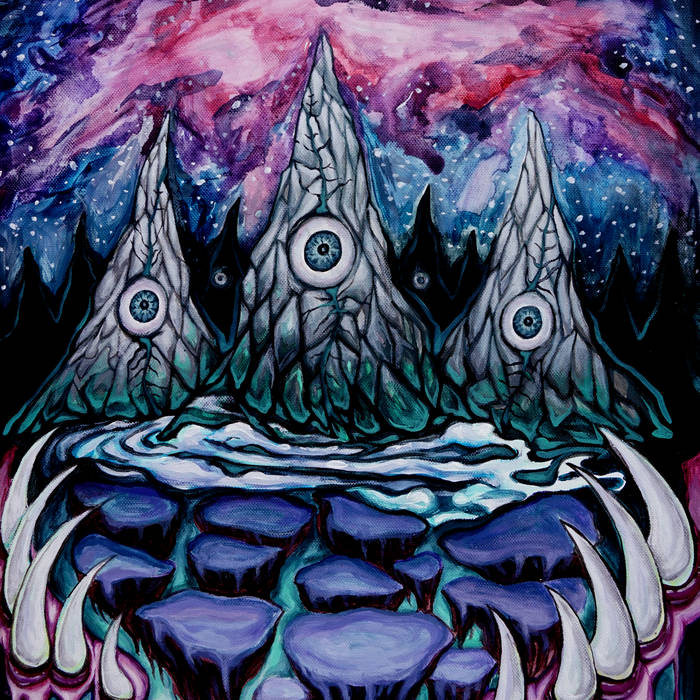
An overview of visual hallucinations: Patients who experience hallucinations secondary to a host of underlying conditions often will look to you for guidance, reassurance and treatment. FDA approves first drug to treat hallucinations and delusions associated with Parkinson’s disease. Visual hallucinations: differential diagnosis and treatment. Hypnagogic and hypnopompic hallucinations during amitriptyline treatment. What is the link between hallucinations, dreams, and hypnagogic-hypnopompic experiences?. In the twilight zone: An epidemiological study of sleep-related hallucinations. 24.8 of the sample had experienced hallucinations at sleep onset, and 6.6. Hypnagogic hallucinations primarily involve seeing things that aren’t there. In general, hallucinations involve seeing, hearing, feeling, or smelling something that isn’t actually present. In 2000, another team of researchers surveyed 13,057 people and found that 38.7 had experienced hallucinations at some point during the day or night. Hypnagogic hallucinations, also sometimes referred to as waking dreams, are a type of hallucination 1 that occurs as a person is drifting off to sleep 2. And 12.5 had experienced hypnopompic hallucinations. Sometimes, antidepressant medications can trigger vivid bedtime dreams.

But hypnagogic hallucinations aren’t always signs of narcolepsy. doi:10.1016/j.ncl.2011.05.004īless JJ, Hugdahl K, Kråkvik B, et al. They found that 37 had experienced hypnagogic hallucinations. In fact, hypnagogic hallucinations are among the four most common narcolepsy symptoms, along with sleep paralysis, daytime sleepiness, and cataplexy a sudden loss of muscle tone and control while awake. The term is rather broad and in actuality describes the stage of transitioning between somnolence and sleep and vice-versa. Neurologic manifestations of chronic methamphetamine abuse. The scientific name given to the phenomenon is Hypnagogia. Excessive daytime sleepiness is the main symptom of. Hypnagogic hallucinations are abnormal perceptions that occur while falling asleep, whereas hallucinations that occur upon awakening are termed hypnopompic.

Hallucinations: Clinical aspects and management. Other symptoms can include cataplexy, sleep paralysis, and hypnagogic/ hypnopompic hallucinations. A frequently occurring hypnagogic hallucination is the sensation of loss of support or balance, perhaps accompanied by a fragmentary dream of falling.


 0 kommentar(er)
0 kommentar(er)
